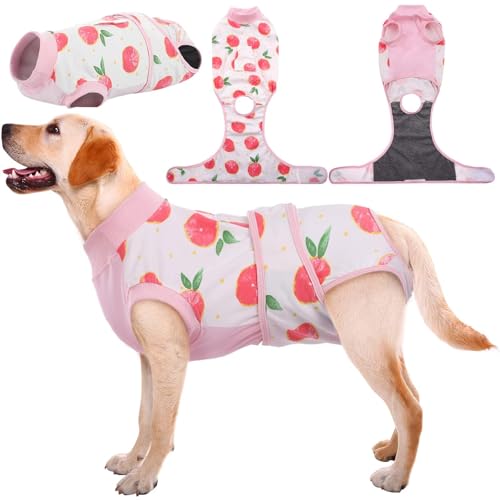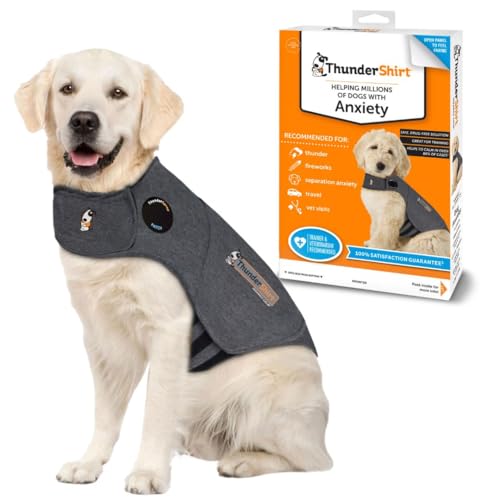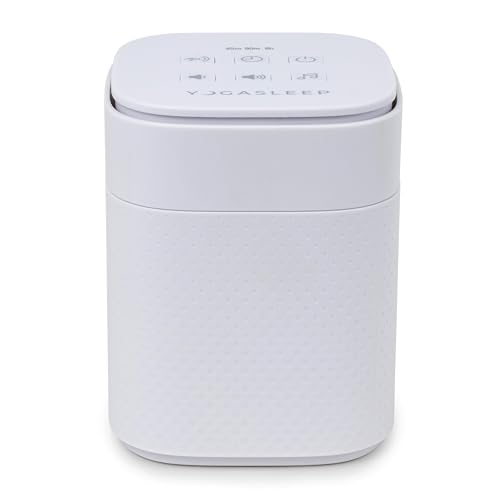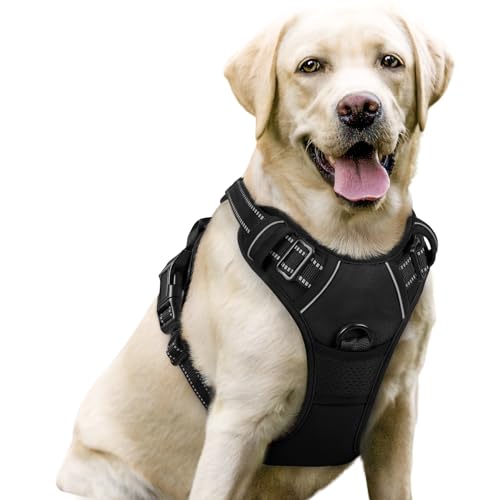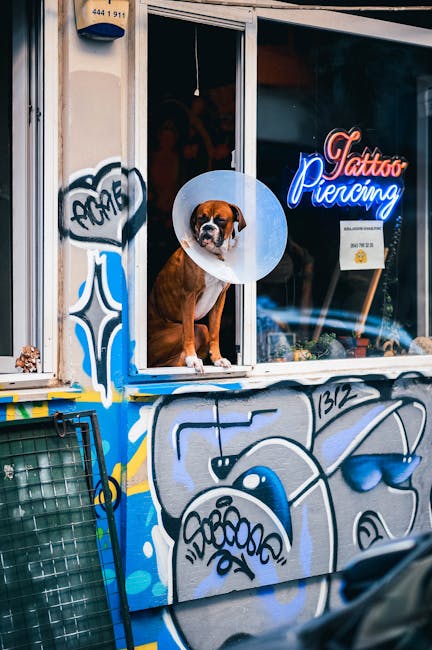If your dog has diarrhea, you might be wondering when it’s time to call the vet. It’s normal to feel worried or unsure about what to do next.
Your dog’s health is important, and knowing the right moment to seek professional help can make all the difference. You’ll discover clear signs that mean it’s time to get your dog checked by a vet. Keep reading to learn how to protect your furry friend and avoid complications before they start.

Credit: www.instagram.com
Common Causes Of Dog Diarrhea
Dog diarrhea can happen for many reasons. Knowing the common causes helps decide when to call the vet. Some causes are mild and clear up fast. Others need quick medical help to avoid danger. Understanding these causes helps keep your dog safe and healthy.
Dietary Indiscretion
Dogs often eat things they should not. Garbage, spoiled food, or plants can upset their stomach. This sudden change in diet may cause diarrhea. Eating rich or fatty food can also cause loose stools. Watch for signs after your dog eats unusual items.
Infections And Parasites
Bacteria, viruses, and parasites often cause diarrhea in dogs. Common infections include parvovirus and giardia. These can spread quickly and make your dog very sick. Parasites like worms irritate the intestines and cause loose stools. A vet visit is important to identify and treat infections.
Food Allergies And Intolerances
Some dogs cannot digest certain foods well. Allergies or intolerances cause inflammation and diarrhea. Common triggers include beef, dairy, and wheat. Symptoms may be mild or severe. An elimination diet or vet test helps find problem foods.
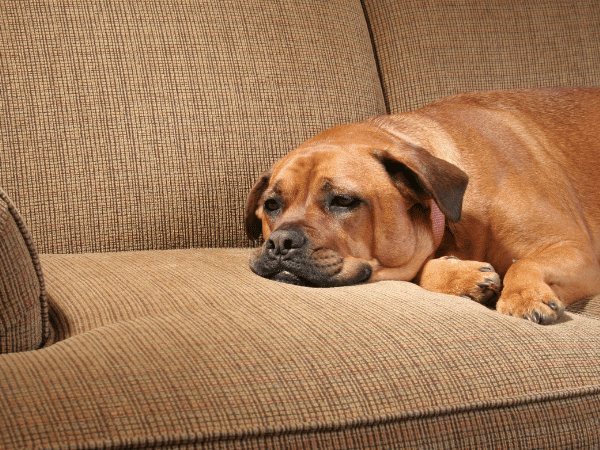
Credit: www.splootvets.com
Signs That Require Immediate Vet Attention
Dog diarrhea can sometimes signal a serious health problem. Recognizing the signs that need urgent care helps protect your dog’s health. Some symptoms show that the issue is more than a simple upset stomach. Quick action can prevent complications and ease your pet’s discomfort.
Persistent Or Severe Diarrhea
Diarrhea lasting more than 24 hours needs attention. Severe diarrhea can cause your dog to lose important nutrients and fluids. Watch for frequent, watery stools that do not improve. This condition can quickly weaken your dog if untreated.
Presence Of Blood Or Mucus
Blood or mucus in stool is a serious warning sign. It may indicate infection, parasites, or injury in the digestive tract. Even small amounts of blood require a vet check. Do not ignore these symptoms, as they may worsen fast.
Vomiting Alongside Diarrhea
Vomiting combined with diarrhea suggests a deeper problem. This combination can cause rapid dehydration and distress. Monitor your dog closely if vomiting occurs. Immediate vet care is often necessary to avoid serious illness.
Lethargy And Weakness
When diarrhea comes with tiredness or weakness, act fast. Your dog may feel too weak to stand or play. These signs often show that the body is under stress. A vet can diagnose the cause and provide needed treatment.
Dehydration Symptoms
Dehydration is common in dogs with diarrhea. Signs include dry gums, sunken eyes, and loss of skin elasticity. Check your dog’s hydration by gently pinching the skin. Slow skin return means dehydration. This condition requires urgent veterinary care.
Age And Health Factors Affecting Urgency
Age and health play a big role in deciding how urgent dog diarrhea is. Some dogs handle illness better than others. Puppies and older dogs need extra care. Dogs with other health problems might face bigger risks. Knowing these factors helps you choose the right time to call the vet.
Puppies And Senior Dogs
Puppies have weak immune systems. They lose fluids fast from diarrhea. This can lead to serious dehydration quickly. Watch for lethargy, vomiting, or refusal to eat.
Senior dogs have weaker bodies and slower recovery. Diarrhea might signal a bigger health issue. They might have trouble fighting infections or other illnesses.
Call the vet immediately if your puppy or senior dog:
- Has diarrhea for more than 24 hours
- Shows signs of weakness or confusion
- Stops drinking water
- Has blood or mucus in stool
Dogs With Pre-existing Conditions
Dogs with diseases like diabetes, kidney problems, or cancer need special attention. Their bodies handle illness poorly. Diarrhea can worsen their condition fast.
Medications might affect their digestive system too. Any change in stool consistency should not be ignored.
Contact the vet right away if your dog with health issues:
- Has diarrhea lasting more than 12 hours
- Becomes unusually tired or weak
- Shows signs of pain or discomfort
- Refuses food and water
Home Care Steps Before Contacting The Vet
Before rushing to call the vet for your dog’s diarrhea, there are some home care steps you can try to help your furry friend feel better. These steps not only ease your dog’s discomfort but also give you a clearer idea of whether professional care is necessary. Paying close attention to hydration, diet, and medication use can make a big difference in managing mild cases at home.
Monitoring Hydration
Diarrhea can quickly lead to dehydration, especially in small or older dogs. Watch your dog for signs like dry gums, sunken eyes, or lethargy. Encourage your dog to drink water regularly and consider offering ice cubes if they seem reluctant.
If you notice your dog is drinking more but not urinating much, or if they refuse water entirely, it’s a red flag. Keep a bowl of fresh water accessible at all times and check their hydration daily by gently pinching the skin on the back of their neck—if it doesn’t snap back quickly, your dog might be dehydrated.
Dietary Adjustments
Adjusting your dog’s diet can often help settle their upset stomach. Start by withholding food for 12 to 24 hours but never water. This pause lets their digestive system rest and recover.
After the fasting period, introduce a bland diet like boiled chicken and rice in small, frequent meals. Avoid fatty, spicy, or rich foods during this time. Notice how your dog responds—if diarrhea improves, slowly reintroduce their regular food over a few days.
When To Avoid Over-the-counter Medications
It might be tempting to give your dog human anti-diarrheal drugs, but many can be harmful. Medications like loperamide (Imodium) can cause serious side effects in dogs, especially those with certain health conditions or breeds sensitive to these drugs.
Never give your dog over-the-counter medicine without consulting a vet first. If you’re unsure, call your vet for advice instead of risking harm. Your dog’s health could worsen if the wrong medication is given, so proceed with caution.
Preparing For The Vet Visit
Preparing for a vet visit can help your dog’s care go smoothly. Gathering important information before the appointment saves time. It helps the vet understand the problem better. You can provide details that may seem small but matter a lot. This preparation can lead to faster diagnosis and treatment for your dog.
Collecting Stool Samples
Bring a fresh stool sample to the vet. Use a clean container or plastic bag. Avoid contamination with soil or grass. A small amount the size of a walnut is enough. Collect the sample as soon as you notice diarrhea. This helps the vet test for infections or parasites quickly.
Noting Behavioral Changes
Watch your dog’s behavior carefully. Note any changes in activity, sleep, or mood. Look for signs like lethargy, restlessness, or pain. Record if your dog vomits or shows signs of dehydration. These clues give the vet a better picture of your dog’s health.
Documenting Diet And Exposure
Write down what your dog has eaten recently. Include treats, table scraps, or new foods. Mention any access to garbage or toxic plants. Note any recent travel or contact with other animals. This information helps identify possible causes of diarrhea.
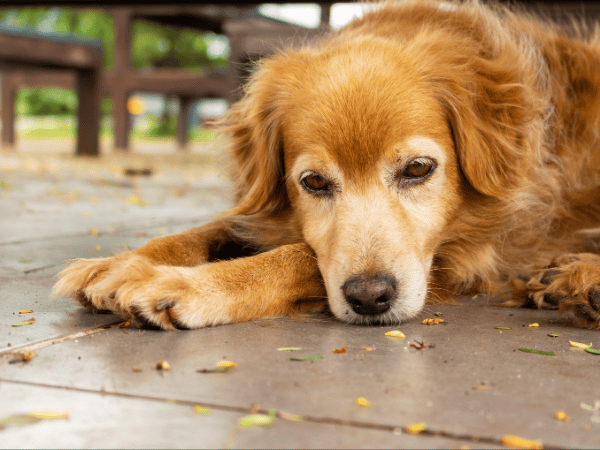
Credit: www.splootvets.com
Frequently Asked Questions
When Should I Call The Vet For Dog Diarrhea?
Call the vet if diarrhea lasts more than 24 hours, contains blood, or if your dog is lethargic. Immediate attention is needed for puppies, elderly dogs, or those showing vomiting and dehydration signs.
Can Dog Diarrhea Be A Sign Of Serious Illness?
Yes, diarrhea can indicate infections, parasites, or organ issues. Persistent or severe diarrhea requires veterinary diagnosis to prevent complications and ensure proper treatment.
How Long Can Dog Diarrhea Last Before Seeing A Vet?
If diarrhea persists beyond 24-48 hours or worsens, consult a vet. Early vet visits help identify causes and prevent dehydration or other health risks.
What Symptoms With Diarrhea Require Urgent Veterinary Care?
Seek urgent care if your dog shows vomiting, blood in stool, weakness, or dehydration. These signs suggest serious health problems needing immediate veterinary attention.
Conclusion
Dog diarrhea can signal many health issues. Watch for signs like blood, lethargy, or vomiting. Persistent diarrhea needs a vet’s attention quickly. Early care helps your dog recover faster. Trust your gut—better safe than sorry. Keep your pet comfortable and hydrated.
A vet can find the cause and treat it right. Your dog’s health depends on timely action. Stay alert and act with care.


